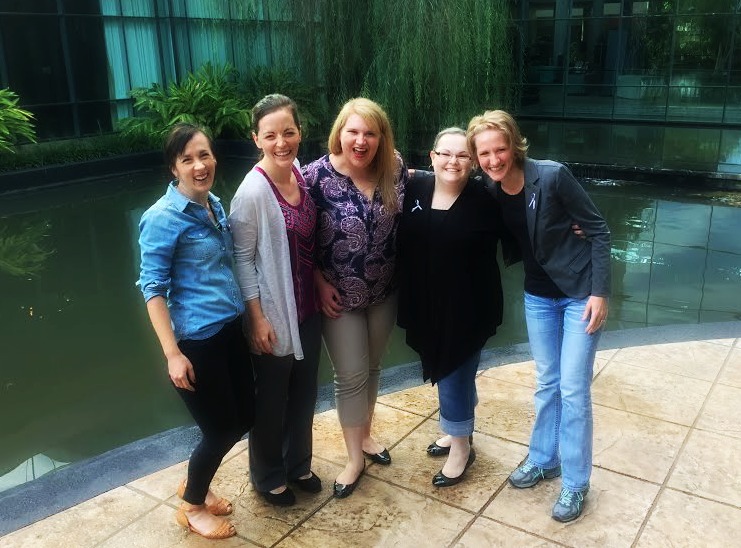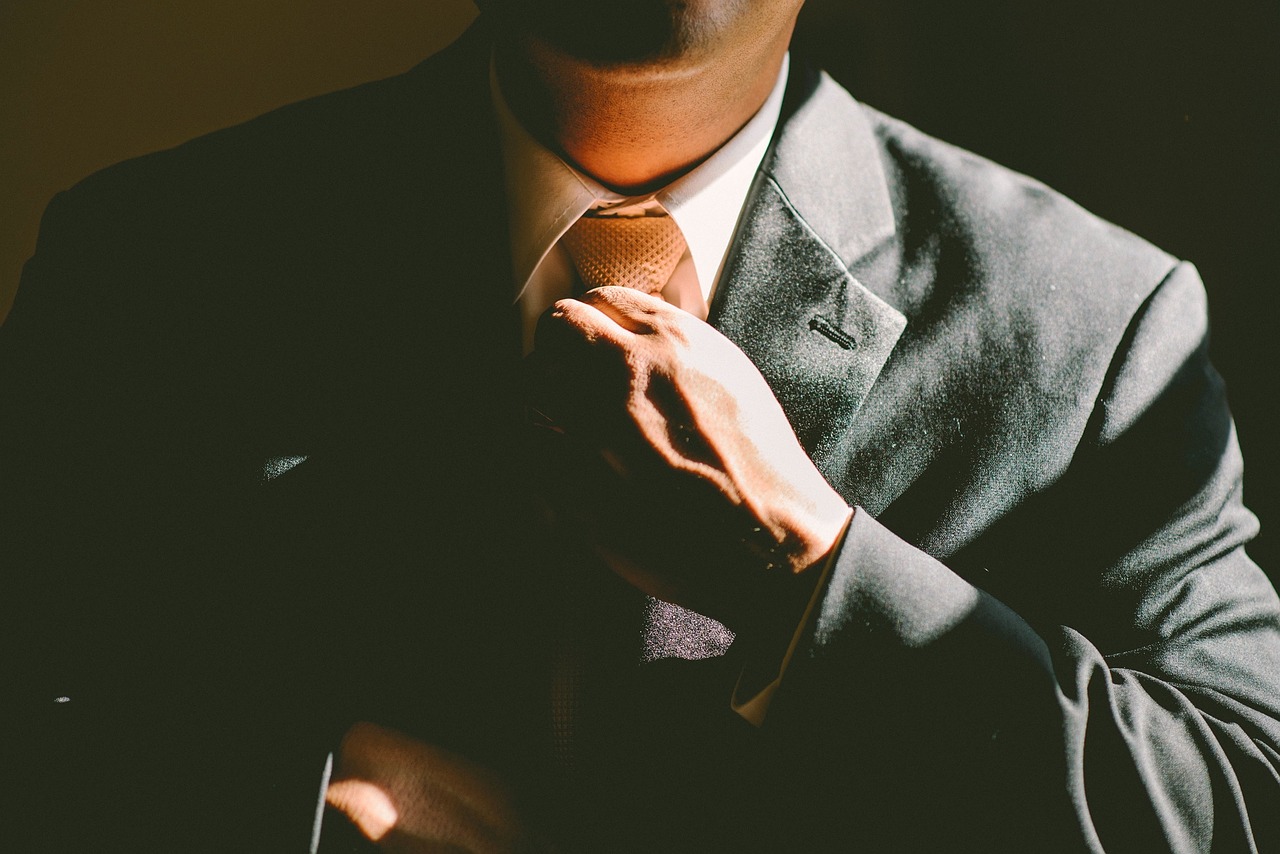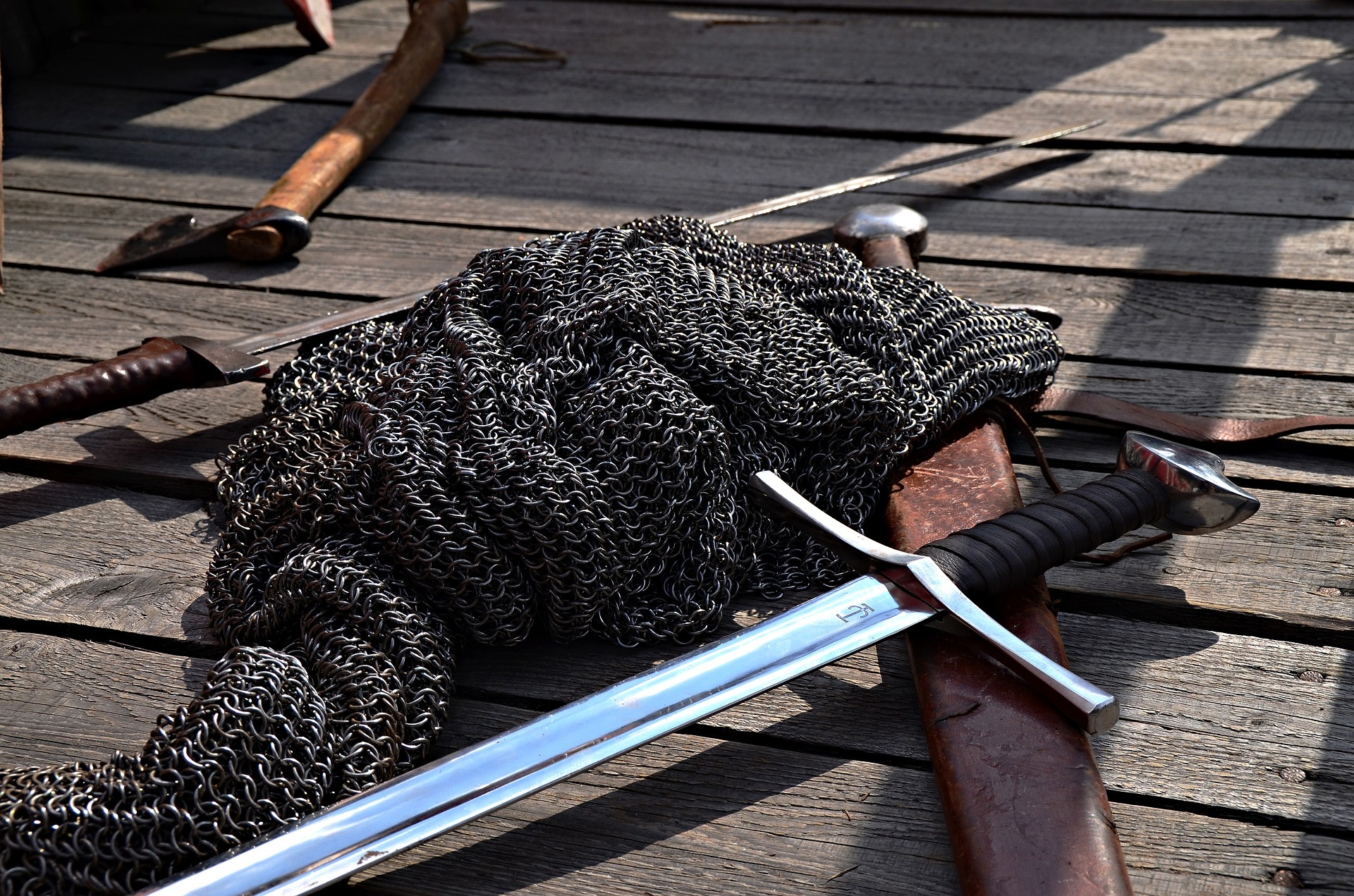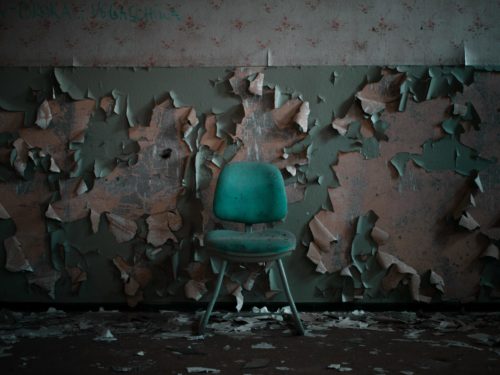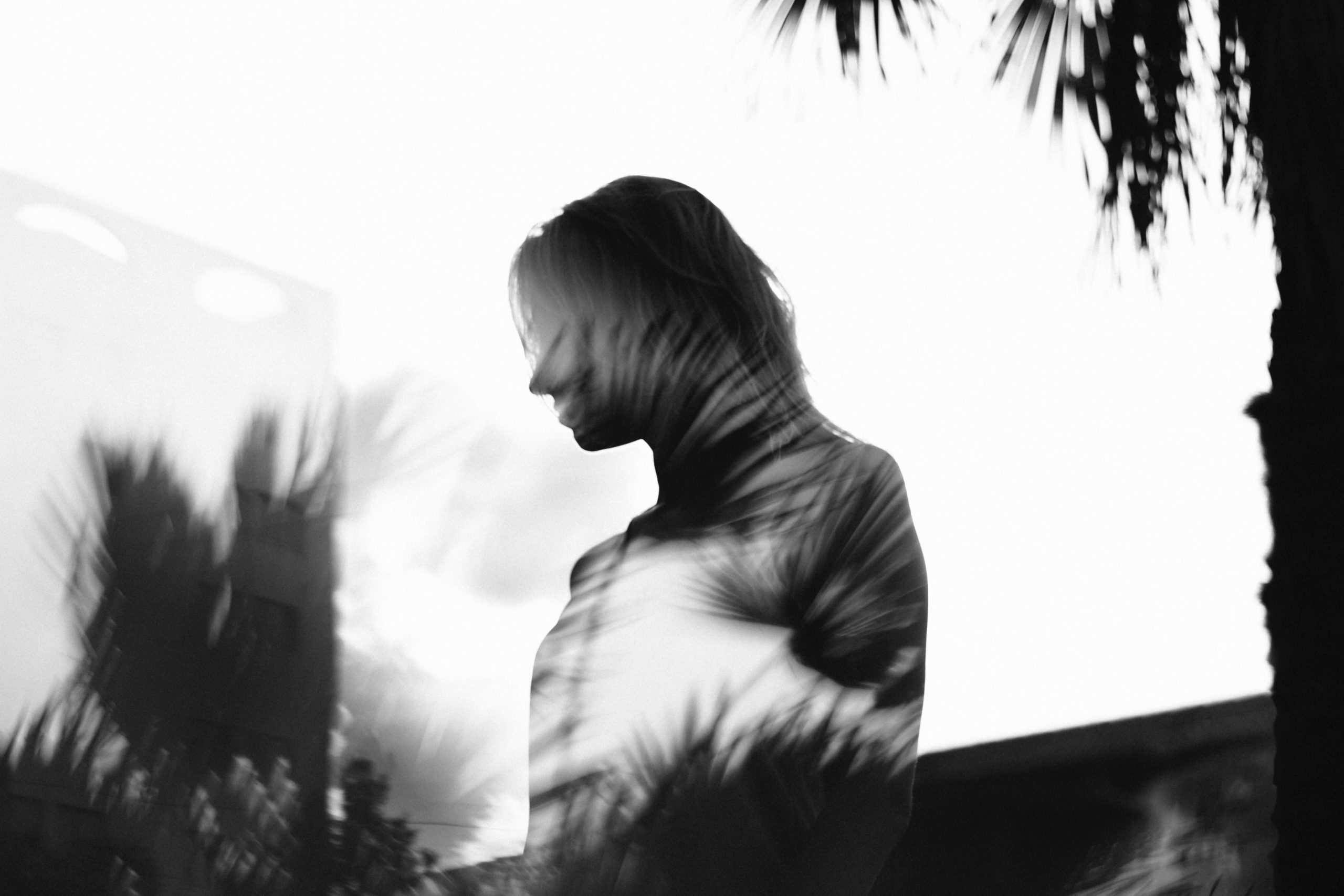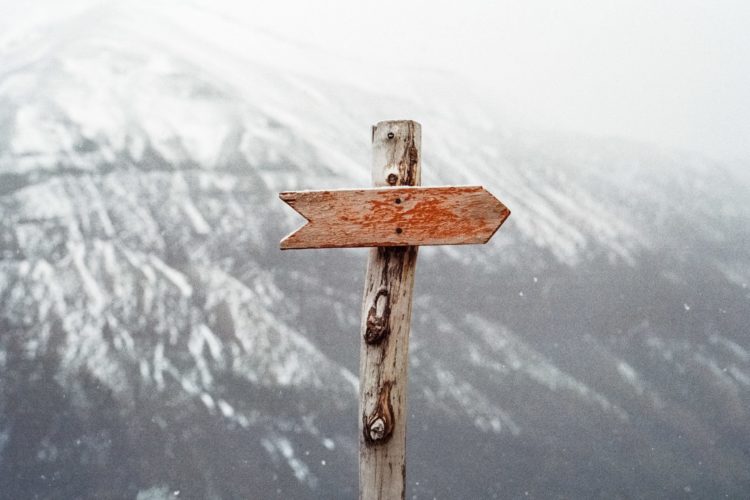I spent the last week of September at the National Center on Sexual Exploitation’s 3rd Annual Summit in Houston Texas. The information poured out on us was been heavy, hard, and abundant. It could have easily filled a week, if not more.
There were good moments to be sure. It was a delight to run into some of my readers who are now wanting to speak out and share their own stories. It was humbling to sit in a room with them and be asked for advice, like I’m some expert.
I can’t believe I’ve been doing this for seven years already.
Yet, in all those seven years, this conference is perhaps the hardest thing I’ve done. Not the speaking part, but the rapid fire exposure to the depravity and impact of modern-day pornography. There were times I wanted to throw up and times I fought back tears.
Over the past seven years, the anti-porn community has become somewhat of a family to me. These are my people. My “tribe” as Mary Ann Layden likes to say. I still find myself asking how this ever became my life.
Sex, porn, prostitution, slavery- these are common topics in this crowd and there is freedom in them being so.
This is exhausting work- being anywhere near the front lines of this movement and mission. Every conference can feel a bit traumatic, to be honest. Usually, that’s because I know I’m only there because I’m a former porn addict. I can feel like a circus sideshow freak at times.
I tried to be different this conference. For weeks I studied all of the latest research and statistics on women and porn use. This time, I was going to be an expert instead of someone with experience. I was going to be objective.
And I was stressing out, cramming for my ‘lecture’ like I was getting ready to take the MCAT. Were there any last minute statistics I needed to know? What about counter arguments? Would I contradict another presenter?
At some point, it clicked for me:
In April, when speaking at the Set Free Summit, I told the crowd of pastors and ministry leaders that, at the end of the day, statistics don’t actually matter.
Every statistic represents a story and grace has come to change stories.
If we lose sight of the individuals the statistics represent, we can’t change anything.
If we lose sight of the individuals the statistics represent, we can’t change anything.
I’m not a researcher. I’m not a lecturer. I’m a storyteller. The most powerful thing I have is not regurgitated research that someone else has already shared. The most powerful thing I have is my story.
So, I packed up the four library books I had dragged with me for reference and scrapped my entire ‘expert’ presentation. When the time came, I stepped up on stage, and shared my story as it relates to pornography’s connection to sexual exploitation.
Pornography is grooming the next generation of sex slaves. That’s just how it is.
Will all girls who watch porn become victims of sexual exploitation? No, but many will. They may not join the industry or get kidnapped and sold, but they may give their photos away because they feel like that’s what they are supposed to do.
I know because I had been there. From a relatively innocent and put-together 13-year-old to a 17-year-old newly-converted Christian essentially producing child pornography from her room at a Christian college campus. That‘s my story. If we don’t start talking about this it’s going to be the story of a majority of young women, Christian or not.
We’ll have a generation of girls who feel like they have to exploit themselves in order to be real women, and it’s because nobody is talking about it.
We have a generation of girls who simply need to be seen. See them. See the stories. Start a conversation with them. Let them know you know they’re there. That was my message on the last day of the Summit to a sparse and exhausted, if not overwhelmed, crowd.
See them.
At the end of the Summit, a group of us went out for BBQ, because it’s Texas, and that’s what you do in Texas. We crammed our 20-30 seats around the table and shared stories and what we learned from the conference. We talked about porn, sex, addiction, family life, business strategies all while downing smoked brisket and ribs and debating the “real” way to make sweet tea.
It was all together- sex, porn, addiction, life, love, food, faith. It was seamless, not in any way awkward.
When we got back to the hotel, a group of us filtered onto the back patio where radical feminist Gail Dines had just finished smoking a cigar. I sat down beside the likes of Gabe Deem and Noah Church co-founders of Reboot Nation, and former porn star, Jessica Neely, among others. It was a mixed group of 20 and 30 year olds. I, at 30, was one of the oldest. Some were believers, others were not.
There was a respect for faith and good intelligent discussion. We spent hours talking, laughing, enjoying each others’ company, sharing our thoughts on the conference and what affected us. There was an openness and respect for our individual encounters with pornography. We talked about healing, life, love, sex, neurochemistry, brain elasticity, modesty, and marriage.
There was one point, as I sat beside Alex Rhoades, creator of the NoFap community, that the whole situation just blew my mind.
Moments later, Gabe brought up something that would have turned him on as a young boy. I laughed, not at what he said but just at the way he very nonchalantly said it. “What? I’m sorry. Did I go too far? I thought this was a nest!” (Nest referring to a safe place).
“No, you’re fine. I was just sitting here amazed by all of this. Do you understand how healthy this is?”
He sat back on the couch, “Oh, it is SO healthy.”
It dawned on me that everyone sitting on that patio was there because of their stories.
We weren’t intrigued neuroscientists who studied porn addicts like lab rats. We were men and women who had been directly impacted by the effects of pornography. It was part of our stories, not something we can detach from, not something that we take off at 5 o’clock and hang on the door.
In some ways, the anti-porn generation before us fought from the outside. While they might have experienced it, they don’t really talk about their experiences as much as they speak out against those experiences. They speak as witnesses, even expert witnesses. They speak as activists, as researchers, as feminists, as psychologists, as sexologists. They studied this.
Our generation has experienced it. We are the statistics the others are talking about.
Stories, not statistics, are the way we reach our generation. The draw of things like social media is that it tells a story. YouTubers are popular because they tell their stories and welcome their audiences into them. And if we want to reach our generation, we have to be willing to share our stories. For the most part, the young people in this movement are in this movement because we have done just that- shared our stories.
Just hours before I left, I sat down with Noah to be interviewed.
I was intimidated. He has a deep, authoritative voice, and is a very well-studied man who has written a book on the effects of long-term porn use on the brain. He’s a non-faith, science dude, and here I am a grace-based story chick. I wasn’t sure if the ‘interview’ was going to turn into a debate.
“Is there any question you’re not comfortable with me asking?” He asked before starting the camera.
“No, you’re fine. You can ask whatever.” I was trusting that he wouldn’t ask anything blatantly inappropriate. He didn’t.
We spent the next 30 minutes or comparing stories. We had taken similar paths into pornography and experienced similar feelings with it. We compared and contrasted the ‘myths’ of porn use for men and women. We talked about freedom and wholeness and what life without porn looks like.
At the end of the interview, he said, “That was amazing!”
I shared that I had been so concerned. He was this very logical and factual person, and here I was with no stats, simply my story.
He laughed and simply said,
Oh no no. That’s great. Our stories are the most powerful thing we have.

